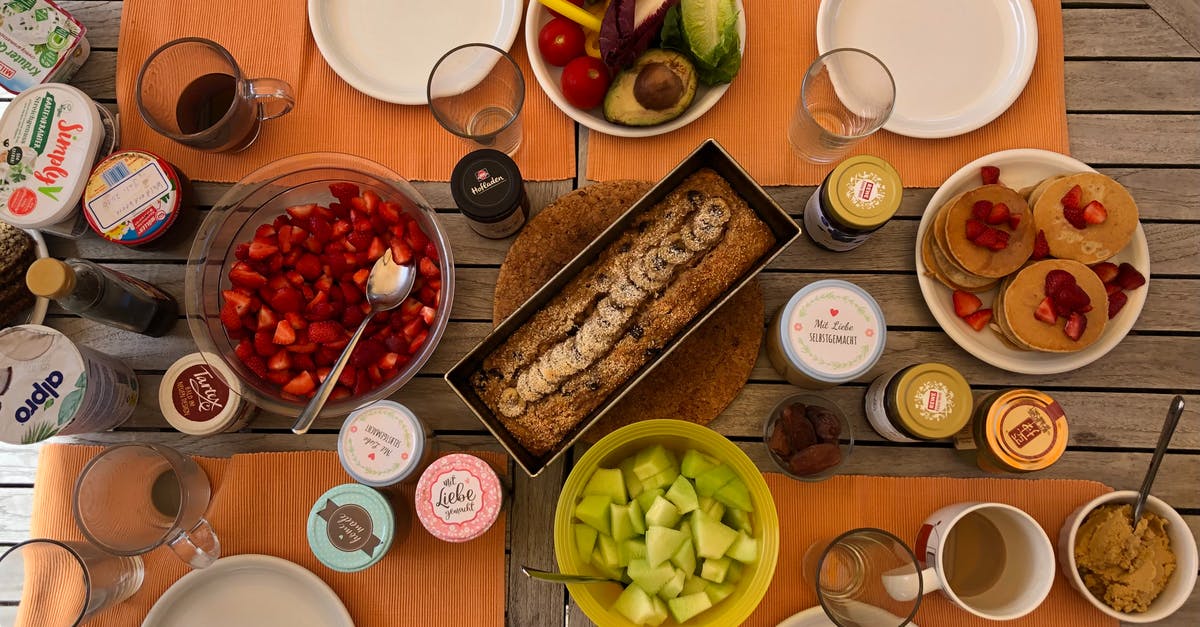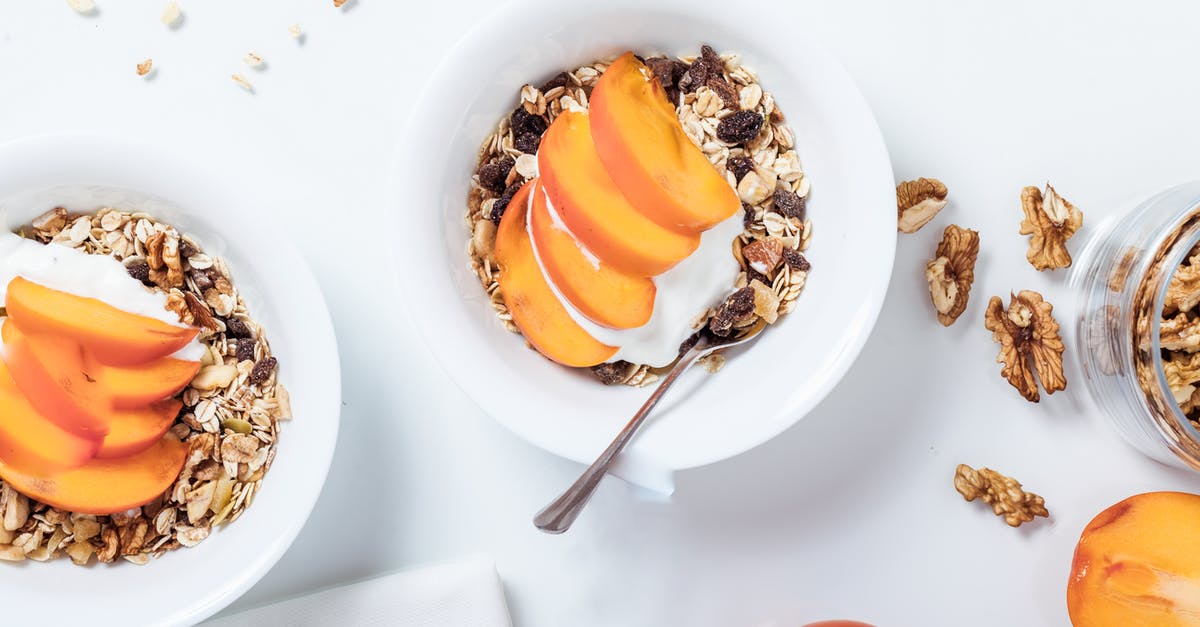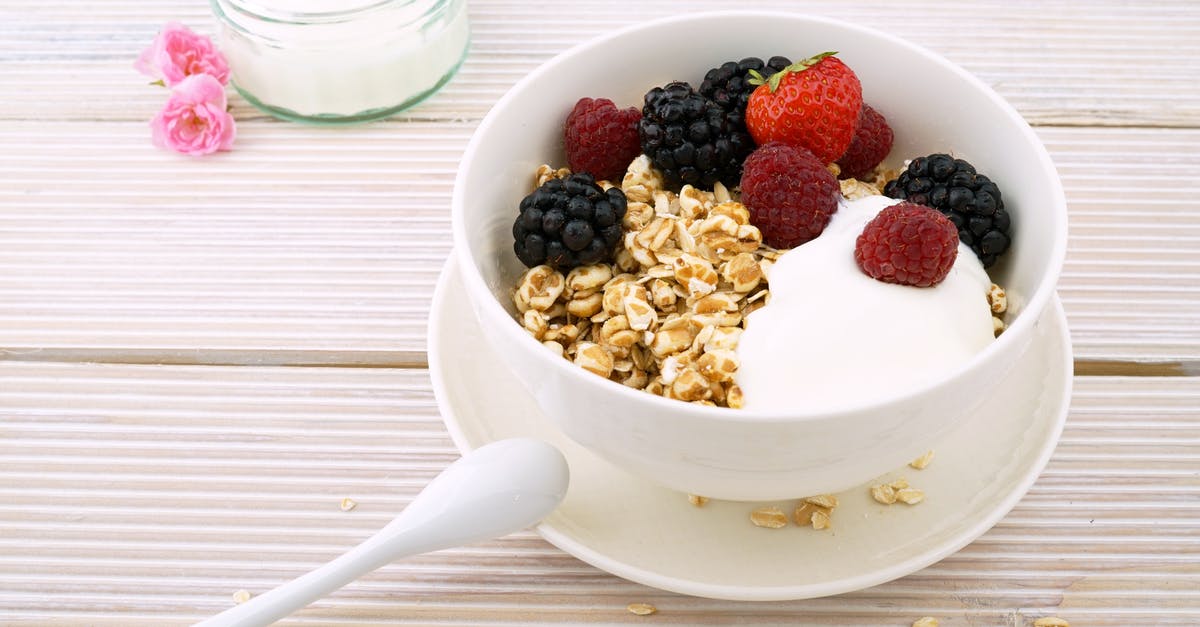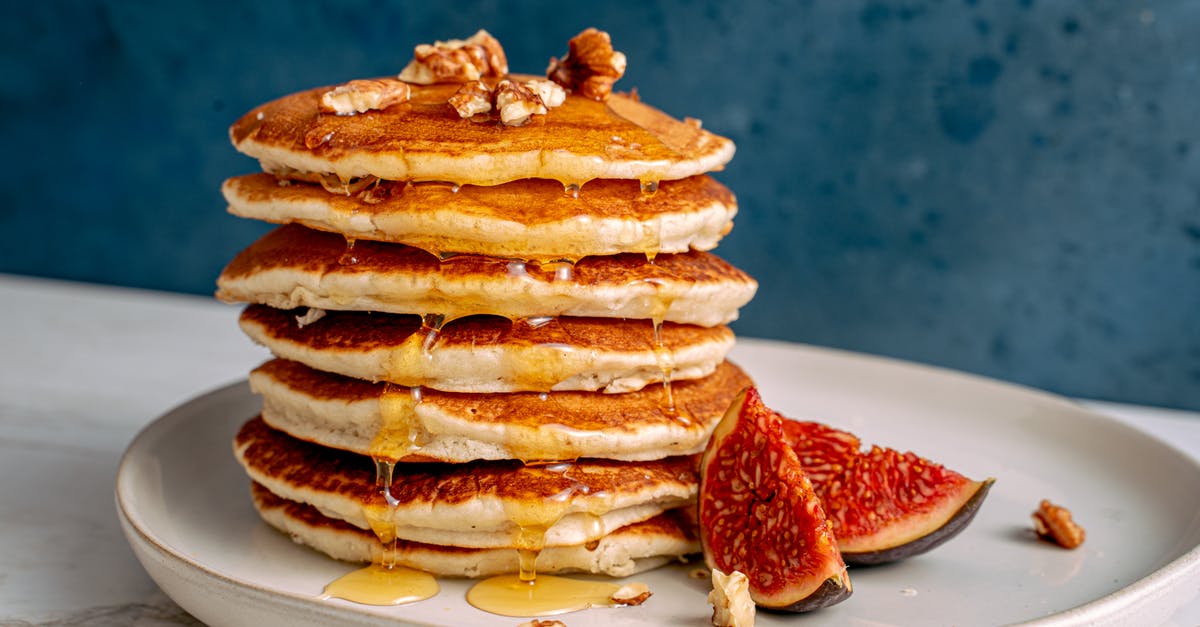Oatmeal pancake deflates

My wife's diet breakfast includes a pancake made only with:
- one egg;
- one spoonful of oat flour.
I also add two spoonful of water. I have tried different procedures to make it the best possible.
The best, so far, is to combine the yolk with the sifted oat flour and the water in one cup, whip the egg white with the planetary mixer for five minutes and finally mix all together. I cook the pancake on the electric crepe maker at 75% power, covered, until the top starts to dry, which takes about 10 minutes, then I turn it on the other side and cook for a couple of minutes.
It is still not satisfactory: if I cook it less, it deflates; if I keep it more, it is no longer soft. Maybe I should cook faster, but in this case the bottom burns and the top and the center remain too moist, flattening completely when I turn it. Using less water seemed to have a harder result. I still have to find the sweet spot.
I made at least 30-40 pancakes until now, but since the "search space" is so big, I need some directions: for example maybe when I used less water I made some other mistake, and dismissed an otherwise good idea.
Is the egg enough to keep the structure once the air cools down, or the missing sugar or gluten would have a role in it, so their absence is important, so I have to add some?
Maybe should I try to cook it in the oven?
I know the starting temperature of eggs has a role in whipping, but can it make the pancake deflating?
As it inflates correctly as is, would baking powder help? How much should I use?
Any advice would be appreciated.
P.S.: my wife is lactose intolerant, so I cannot add milk.
P.P.S.: excuse me for my English, it's the first time I write about cooking and I'm almost sure some words will be wrong: I would also appreciate corrections of them.
Best Answer
I've never made pancakes with this exact kind of recipe before (though I have made some that were similar, with eggs, no other leavening, etc.). My limited experience with similar recipes is that I ended up with a rather spongy result, not really a "light" pancake. Thus, it might not be possible to get a very light result without modifying the recipe a bit.
Nevertheless, here are a few thoughts:
Is the egg enough to keep the structure once the air cools down, or the missing sugar or gluten would have a role in it, so their absence is important, so I have to add some?
I don't think you're going to be able to get a very light textured pancake just using eggs, oat flour, and water. Even when whipping the whites, at best you'll get something with the texture of a souffle omelet (that is, an omelet made by whipping the egg whites separately first), but it will be weighed down a bit by the oat flour.
Eggs can provide structure, but my guess is that the fine bubbles in the egg whites are simply not providing enough lift, probably because they aren't being trapped sufficiently in the structure of the pancake. Yes, gluten and/or sugar could help reinforce the structure (as in angel food cake, for example), but I'd try leavening first.
Maybe should I try to cook it in the oven?
You could try this. Puffy pancakes, puffy omelets, souffles, etc. can work better when made in the oven. The bubbles have more time to expand as the batter bakes, and you don't have to do a flip, which may squash the structure.
I know the starting temperature of eggs has a role in whipping, but can it make the pancake deflating?
I doubt that's a significant issue here. If you're whipping up the egg whites well, you will have incorporated a significant amount of air. Having the eggs not too cold may help with that a bit, but there's only so much the egg whites can do. Once they are mixed with yolks and oats, they will be weighed down a bit.
As it inflates correctly as is, would baking powder help? How much should I use?
If the problem you are having is that it seems to rise properly but then deflates when flipped, baking powder could indeed help. "Normal" pancakes (with flour, etc.) tend to have an excess amount of baking powder in their batter to produce excess air. Baking powder could continue to produce gas as the second side cooks and keep lifting the batter up. I would start with a very small amount -- you'd probably only need a 1-2 teaspoons for a cup of oat flour, so if you're only using two tablespoons of flour, perhaps start with 1/8 teaspoon and see if it makes a difference. If not, try 1/4 teaspoon or something in between.
In comments, you also mention that bubbles are appearing and popping on the surface -- keep in mind that you don't want to wait until a significant number of them pop before flipping, or you will lose the lift provided by the existing air bubbles from the egg whites. I'd try to adjust that first -- usually, taking so long to cook pancakes will cause too much gas to bubble out before they are flipped.
But since you've already tried cooking them faster and have not seen better results, I'd recommend trying the oven baking technique or try adding a tiny bit of baking powder and see if it makes a difference first. I know I haven't narrowed down your options much, but it's tough to figure out how to make these better without seeing exactly how they are already coming out and trying a few experiments.
Perhaps others have better ideas. Do let us know if you come up with something that works.
Pictures about "Oatmeal pancake deflates"



Why are my pancakes falling apart?
Pancakes usually fall apart because a key ingredient is missing or the ingredient ratios of a recipe are off. Often, the culprit is either not enough egg or no egg at all being added. Also, make sure you make exact measurements when adding ingredients.How do you make pancakes all the way through?
Reduce the heat a little. Make the mix thinner so you can use less of it and still have it spread to fill the pan: a thinner pancake will cook all the way through quicker. To have a thinner batter that still produces a fluffy pancake, use ample amounts of baking powder.Why are my pancakes gooey inside?
The biggest rookie mistake chefs see when it comes to making pancakes is overmixing the batter. "Pancakes most commonly contain flour, which means gluten," says Chef Suzanne Vizethann, owner of Buttermilk Kitchen in Atlanta. "When the batter becomes overmixed, the gluten expands and turns the pancakes gummy."Why do my protein pancakes always burn?
When the temperature is too high, you'll burn your pancakes before the middle even cooks. But starting off with a too-cool pan will also leave you with a subpar stack\u2014your cakes will soak up all the oil before they even start to cook, leaving them flat as...well, you know.HOW TO MAKE FLUFFY OATMEAL PANCAKES - healthy recipe
Sources: Stack Exchange - This article follows the attribution requirements of Stack Exchange and is licensed under CC BY-SA 3.0.
Images: Petra Nesti, Alexander Mils, Life Of Pix, ANTONI SHKRABA
